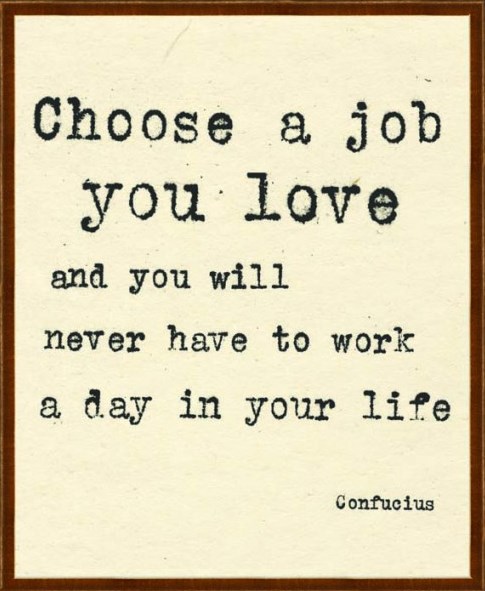Early in my career, I worked for elected officials. From a career perspective, I always knew that their terms in office would eventually expire and as a result, it forced me to constantly think about my next move: what I wanted to do and how to plan the next chapter in my career journey.
But in reality, most professionals begin managing their careers when they find themselves unemployed. They are in panic mode and haphazardly toss a résumé together and start jumping for the low-hanging fruit without a great deal of thought or consideration to creating career goals.
Managing your career needs to begin early in your professional life and planning your professional journey is an exercise of constant life-long learning, risk taking and discovery.
It is so easy to get overly consumed and confident in your current job that you never think about where the next step in your career journey should lead you or, if your current job were to suddenly come to an end what you would do.
As I mentioned in my last article about the prevalence of ageism, it is simply harder to be to find a job the older you get. Whether you can prove ageism or not, it does occur. So the main question is how do you prevent it? How do you create a professional value that is timeless throughout your career?
I was talking to a group of college students last week and, of course, they were thinking about the short term. One told me, “I’m graduation with a marketing degree. When I get my college degree, I’m pretty confident, I can find a job!”
“And then what?” I asked. She looked at me confused, “What do you mean?”
And herein lies the rub: most professionals aren’t thinking about their long term career goals. They are thinking about how to hold onto the job they currently have. They believe the skills they learned in college will sustain them through their entire career.
So what are things you need to be thinking about to create long-term career trajectory and success?
 Michael Malone, a professor at Santa Clara University, recently wrote an essay in the Wall Street Journal arguing that the primary skills of employees, the skills you earned through your college degree and early profession, can only take you so far. Secondary skills, such as an emphasis on emotional intelligence, networking, relationships, communication, working and interacting well with diverse audiences, are the skills that lead to long term career value. These secondary skills are the also the skills that help prepare for long-term management, supervisory and executive leadership roles.
Michael Malone, a professor at Santa Clara University, recently wrote an essay in the Wall Street Journal arguing that the primary skills of employees, the skills you earned through your college degree and early profession, can only take you so far. Secondary skills, such as an emphasis on emotional intelligence, networking, relationships, communication, working and interacting well with diverse audiences, are the skills that lead to long term career value. These secondary skills are the also the skills that help prepare for long-term management, supervisory and executive leadership roles.
Smart employers work to nurture employees into management and leadership roles. And I’ve also witnessed firsthand the devastating effects of promoting people into leadership roles they are not prepared for.
As a job seeker or a current employee, these are important issues to consider as you follow your own career path. If you are feeling too comfortable in your career, challenge yourself. Find leadership roles within your company, even if leadership is not your strength. Leadership and management are skills unto themselves and are learned: become a student of leadership and how successful managers operate. Find a mentor to help and challenge you and lead you to new roles and responsibilities. And perhaps most importantly, always, always, always make sure your résumé is up-to-date. Keep track of accomplishments, promotions and other successes in your career.
Your career is a constant and evolving process of learning, risk-taking, evaluation and planning. Your goal is too maintain your value throughout the life of your career.
Continued good luck in your job search!









